Autumn Statement: Jeremy Hunt set to extend energy help but bills will go up
- Published
- comments
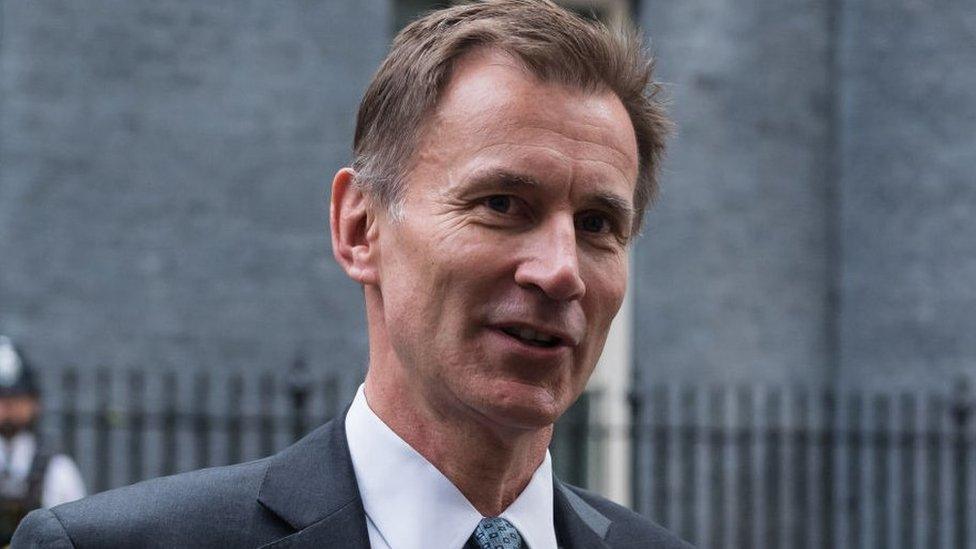
Help with energy bills is likely to be extended beyond April but at a less generous level in Chancellor Jeremy Hunt's Autumn Statement.
Benefits and the state pensions will also rise with in line with prices, the BBC understands.
In his statement, at about 11.30 GMT, Mr Hunt will unveil tax rises and spending cuts aimed at mending the nation's finances.
Labour says working people are paying the price for 12 years of Tory failure.
But Mr Hunt will pledge to face into the economic "storm", claiming his plans will put the UK on a "balanced path to stability" as he tackles the "enemy" of inflation, which has soared to a 41-year high.
He is likely to announce that the energy price guarantee introduced during Liz Truss's ill-fated premiership will remain in place beyond April, but the cap will rise.
This will mean a rise in typical energy bills for a typical household, from £2,500 a year now to just over £3,000.
Without this intervention such bills could have hit £4,000. Allowing the cap to rise will help fund targeted support for some 8 million low income households.
Universal support payments will end but there will be targeted support for those on low incomes and pensioners.
The energy industry - including energy generators - will also be hit with a significantly expanded windfall tax to help pay for the support.
Mr Hunt will use his speech to set out plans to repair the UK's battered public finances, which need about £54bn over two years, but will claim to be taking a "compassionate" and "balanced" approach.
He will claim the UK is not "immune" to the global economic crisis "but with this plan for stability, growth and public services - we will face into the storm".
The final figures will be published as his statement is delivered but it is expected that around 55% of the measures will be spending cuts and 45% will be tax rises. This is likely to equate to around £30bn in spending cuts and £24bn in tax rises.
The biggest spending squeezes are expected to be deferred until after 2025, beyond the next general election.
The government is also expected to give itself longer to meet its debt and spending targets - five years instead of three currently.
The chancellor is likely to argue that this is not a return to the 2010 Conservative-Liberal Democrat coalition government's policy of austerity, with the balance of spending cuts to tax rises 80% to 20% under then-Chancellor George Osborne.
But he is coming under pressure from some Conservative MPs, who argue tax rises are unnecessary and risk tipping the UK into a deep recession.
The freezing of levels at which people pay various taxes will be a big theme of the statement. As a result of inflation and pay increases, people will end up paying more tax.
The threshold when the highest earners start paying the top rate of tax will be lowered to £125,000 from £150,000.
With inflation - the rate at which prices rise - now running at a 41-year high, many departments will see their budgets squeezed with below-inflation increases.
But it is expected the health budget will be protected and increase in real terms - even when price rises are taken into account.

How are you affected by the issues raised? What are your questions about the Autumn Statement? You can get in touch by emailing haveyoursay@bbc.co.uk, external.
Please include a contact number if you are willing to speak to a BBC journalist. You can also get in touch in the following ways:
WhatsApp: +44 7756 165803, external
Tweet: @BBC_HaveYourSay, external
Please read our terms & conditions and privacy policy

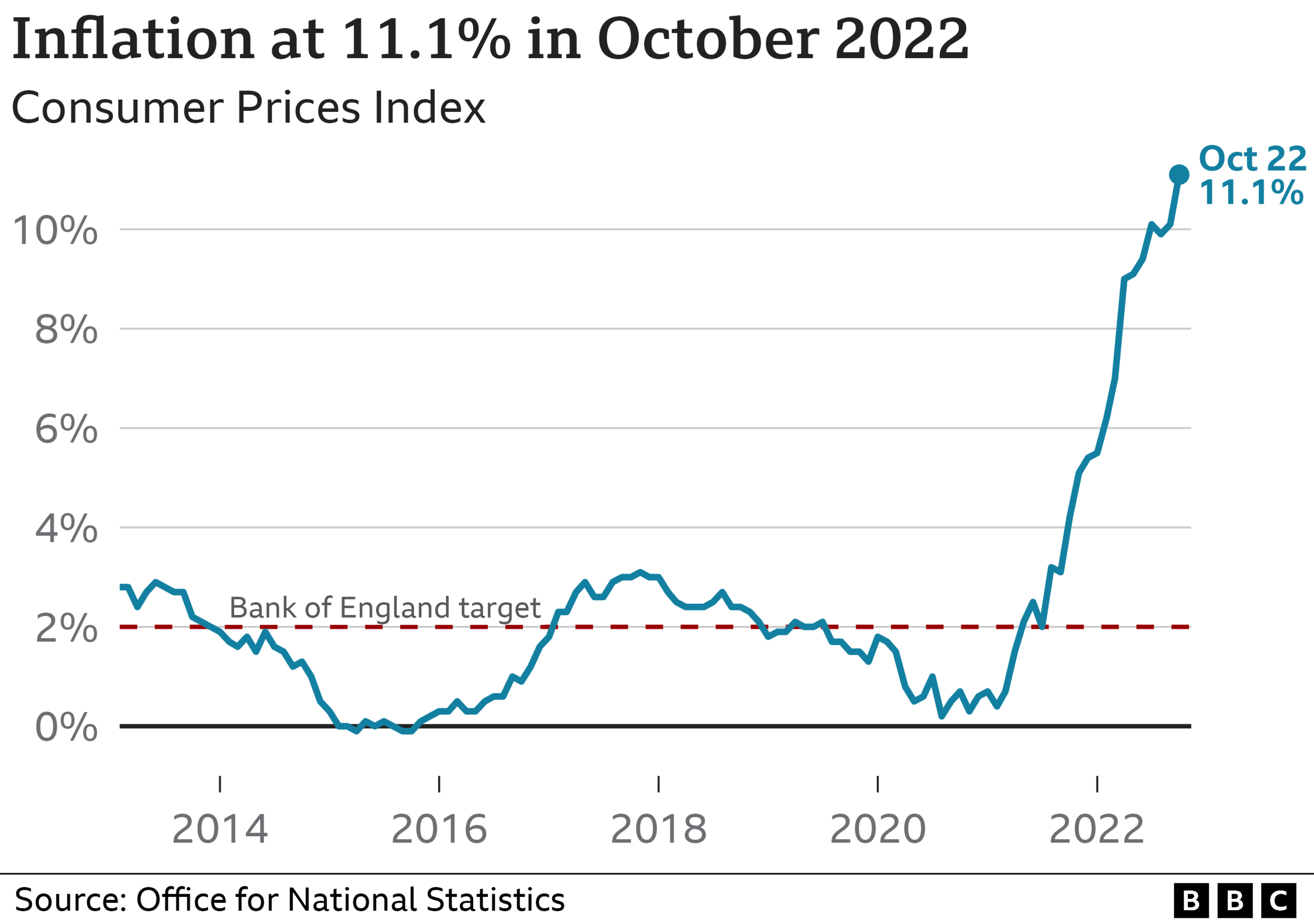
An increased National Living Wage, from the current level of £9.50 an hour for over-23s, will also be confirmed.
After unexpected announcements in Mr Hunt's predecessor Kwasi Kwarteng's ill-fated mini-budget, no big surprises are expected from the chancellor.
Mr Hunt has already reversed almost all the tax cuts announced in the mini-budget in a bid to stabilise financial markets.
Unlike Mr Kwarteng, Mr Hunt will publish independent forecasts from the Office for Budget Responsibility (OBR) alongside his statement.
The forecasts are expected to paint a grim picture, after the Bank of England warned the country is set for its longest recession since records began.
Rishi Sunak: UK's 'reputation took a bit of a knock'
Former work and pensions secretary Stephen Crabb said he feared spending cuts could lead to "real risks to the quality of public services".
The Tory MP told the BBC the state pension and benefits "absolutely" need to rise with inflation and that the Energy Price Guarantee needed to be broader than just helping pensioners and people on benefits.
He added that he was confident Mr Hunt would make "the right decisions".
Labour's shadow chancellor Rachel Reeves said the UK needed "fairer choices for working people and a proper plan for growth".
"Britain has so much potential but we are falling behind on the global stage, while mortgages, food and energy costs all go up and up," she said.
Related topics
- Published12 November 2022
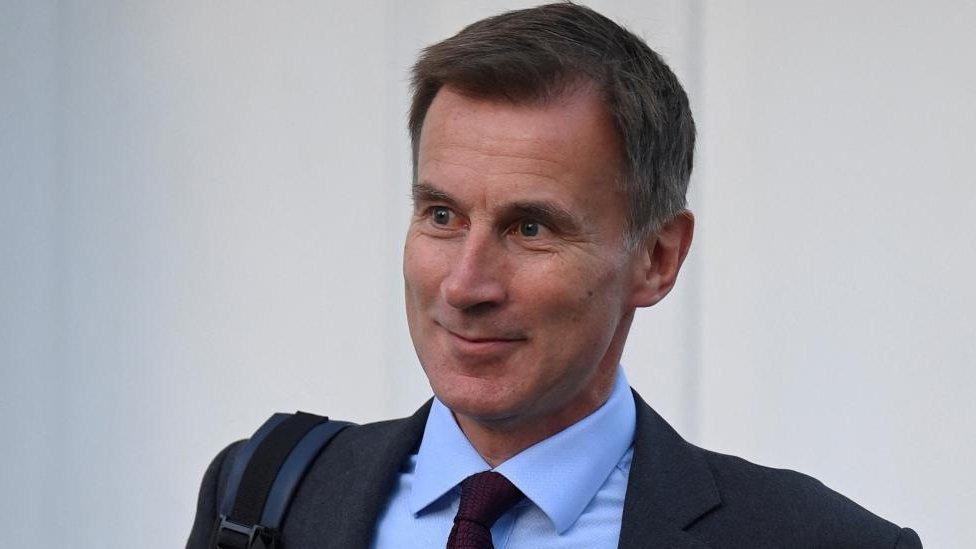
- Published16 November 2022
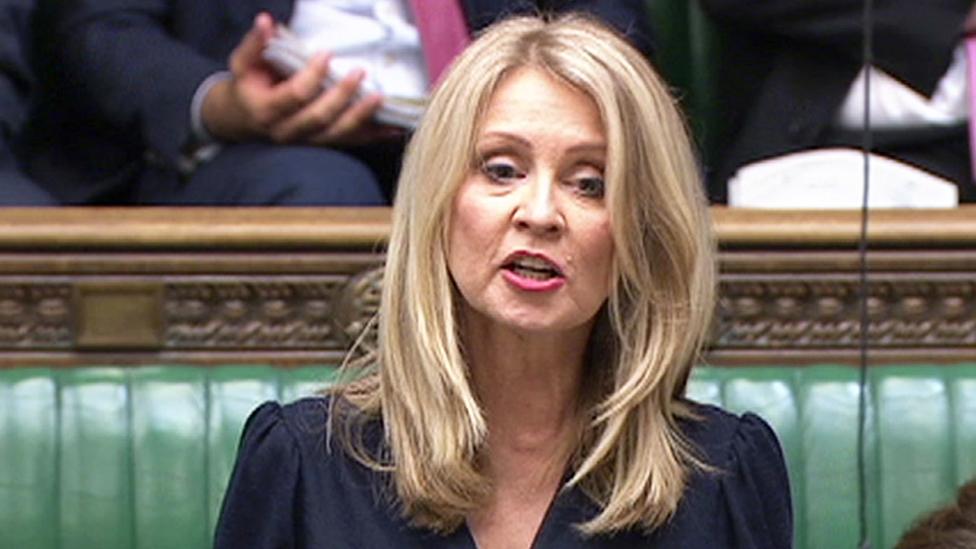
- Published17 November 2022
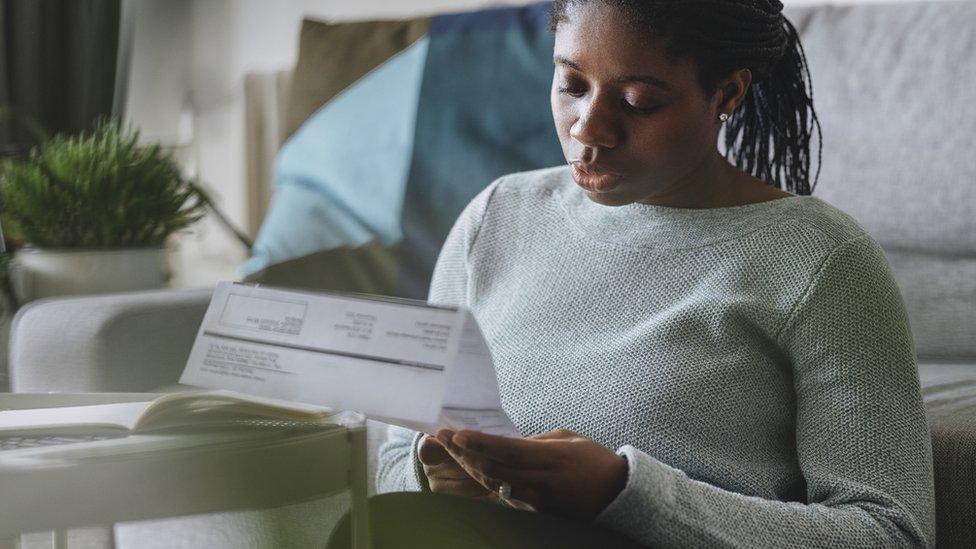
- Published17 November 2022
